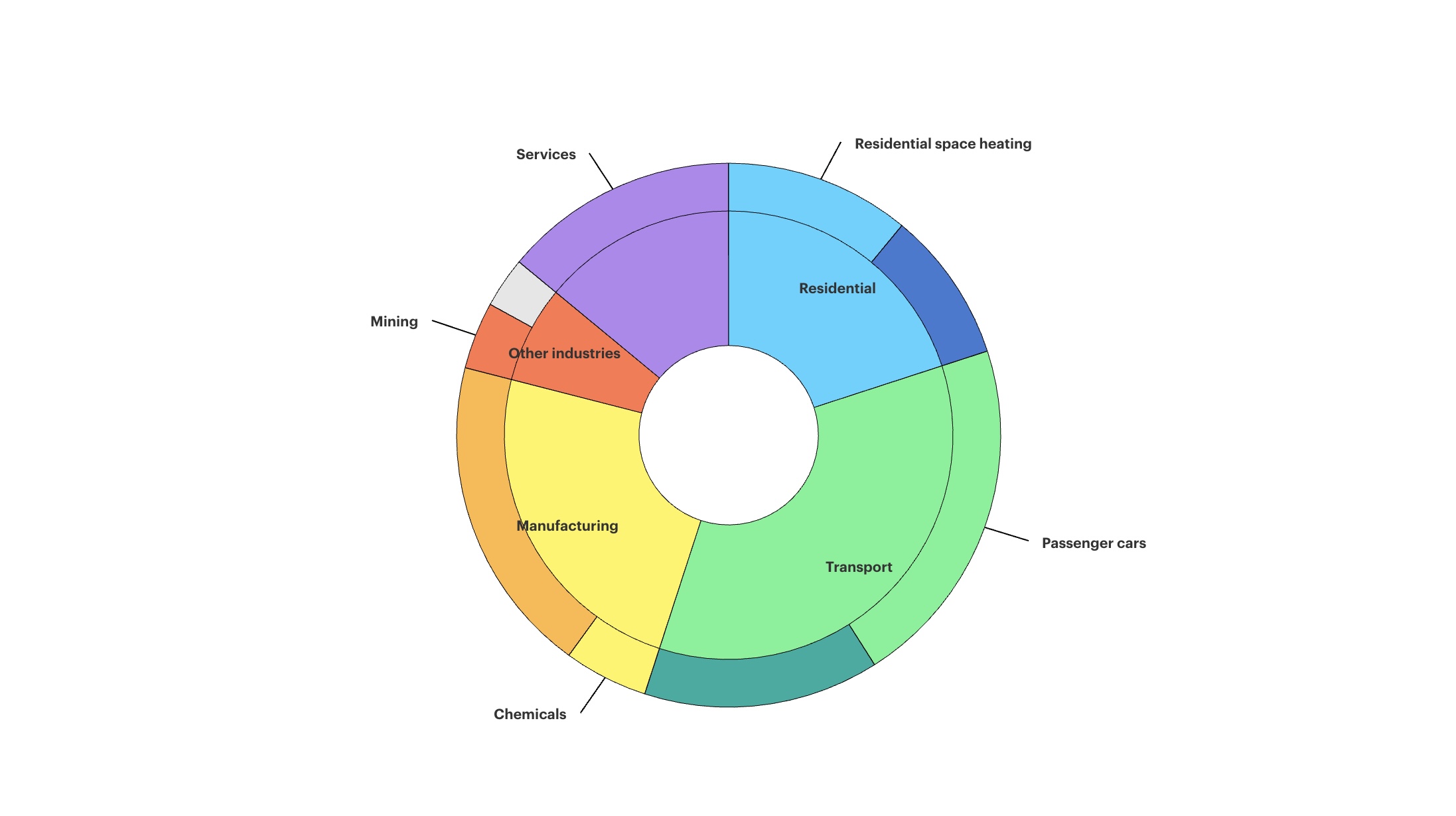The potential of behavioural interventions for optimising energy use at home

Individuals and households can adopt a variety of measures to optimise their energy consumption, writes Elisabatta Cornago of the International Energy Agency.
Changes in our everyday habits can help to reduce home energy bills, lower carbon emissions and ease pressure on the power grid. Modest behaviour adjustments can, over time, yield substantial energy savings on their own. Residential energy demand can be further reduced through “structural” investments, including upgrades to more energy-efficient appliances and retrofits to existing household equipment. Appropriate policy interventions and programmes can be designed to promote sustainable changes in behaviour and encourage investments in structural improvements.
This article focuses on the potential for enhancing energy efficiency with policies and programmes designed to educate consumers and encourage them to alter their daily habits – without resorting to large-scale structural improvements. This focus is motivated by the observation that interventions aimed at promoting behavioural change are often cheaper to implement relative to policies that seek to encourage investment. Such measures also tend to be relatively quick to design and implement.



